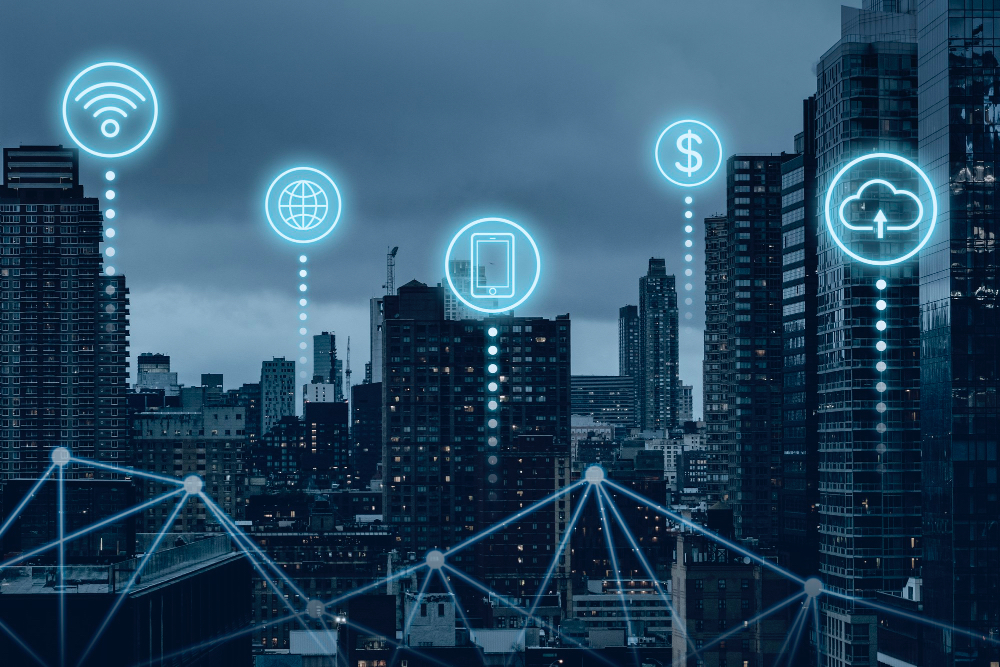Vietnam’s Law on Artificial Intelligence has entered into force, establishing the first dedicated AI legal framework in Southeast Asia. The law centralises oversight and replaces earlier AI provisions in the 2025 Law on Digital Technology Industry.
The framework closely mirrors the AI Act adopted by the European Union. It promotes accountability, transparency, and safety in response to risks such as misinformation, copyright infringement, and deepfakes.
At the same time, Vietnam places a stronger emphasis on digital sovereignty and domestic AI capacity. While remaining open to international integration, the law prioritises national strategic interests.
The legislation introduces a tiered risk classification system. AI systems considered to pose unacceptable risks, including threats to national security or human dignity, are banned, while low-risk applications such as spam filters face lighter obligations.
The Vietnam Ministry of Science and Technology will lead implementation. A national AI database will support monitoring and registration, and a dedicated AI development fund will invest in data centres and research capacity as part of Vietnam’s broader technology strategy.
Would you like to learn more about AI, tech and digital diplomacy? If so, ask our Diplo chatbot!










